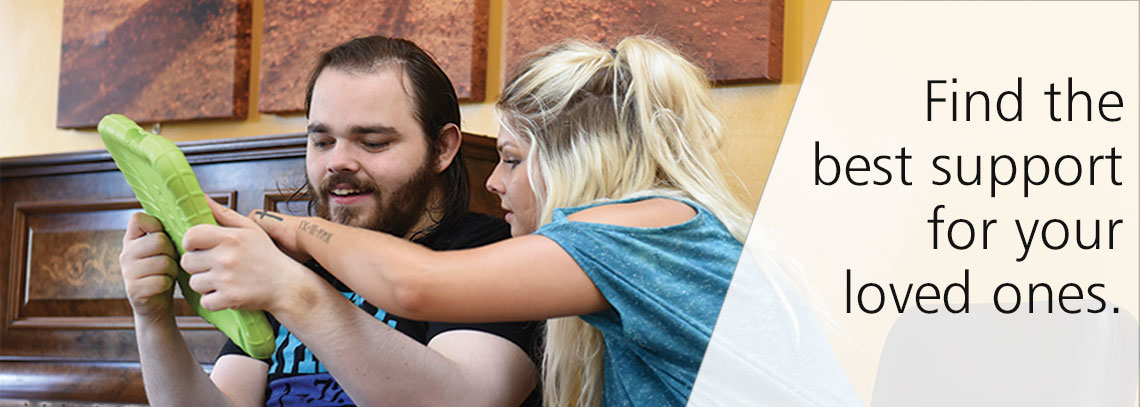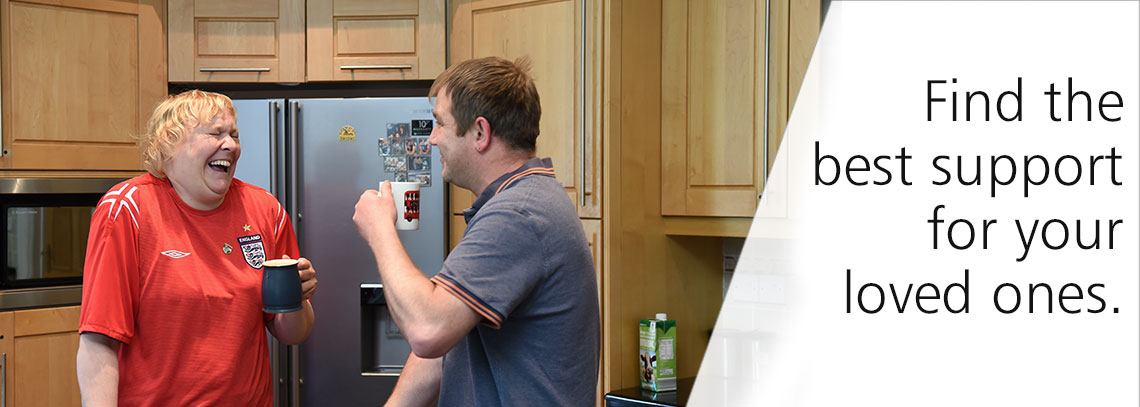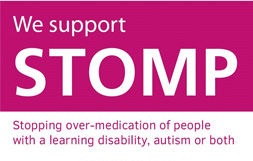- Click here to enquire
- Text to speech
- 01502 502 702

Our Approach

We support people with a wide range of needs including; learning disabilities and complex support needs such as Autism, Epilepsy and Profound and Multiple Learning Disabilities including those with behaviours that may challenge the service. Whatever support we provide we aim to open up new opportunities for a full and purposeful life. We work to ensure we follow the latest National policies, legislation and good practice guidelines such as those outlined in the Learning Disability national implementation plan “Building the right Support” and the accompanying National Service Model. We actively encourage the people we support to develop their individual life-styles, acquire new skills and work towards their personal goals and ambitions.
Our staff teams work hard to balance the need to safeguard those we support against actively encouraging positive risk-taking so people can make their own constructive choices, enabling them to take part in the activities that they specifically want to do. We promote the need for people to feel free, feel safe and secure, and provide comfort and a sense of belonging. It is about allowing individuals to feel fulfilled, relaxed and happy in a place they call home. We go with the flow wherever possible responding to people’s wishes as and when they arise. We work towards enabling people with a learning disability and/or autism to gain the skills required to assist them to live a more independent life, perhaps aspiring to live in their own accommodation in the wider community.
We recognise that people should have choice about where and with whom they live, and that people must be supported to be involved in their community as much or as little as they wish. We actively work with people who wish to maintain their involvement in their local community to ensure that they are not left isolated or forgotten. A minority of people with learning disabilities can show “challenging behaviour”. They can present a risk to themselves, or others. Challenging behaviour can include self-harm, violence and aggression, but their condition may mean that they are unaware of the significance and consequence of their actions. We use a “Positive Behaviour Support” approach in our service, which fundamentally means that we seek to understand from the person’s point of view – i.e. why that individual exhibits challenging behaviour, and then to address the issues that trigger/cause the behaviour. This helps us to assess the broader context in which the behaviour occurs and then to plan and implement ways of supporting the person which enhances their quality of life. We find that when people feel safe and secure and that their needs are not only understood but are being met, that incidents of challenging behaviour are much reduced and people’s quality of life proportionately improves.



